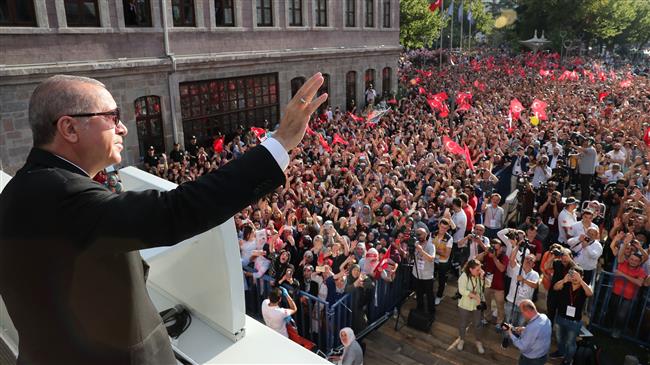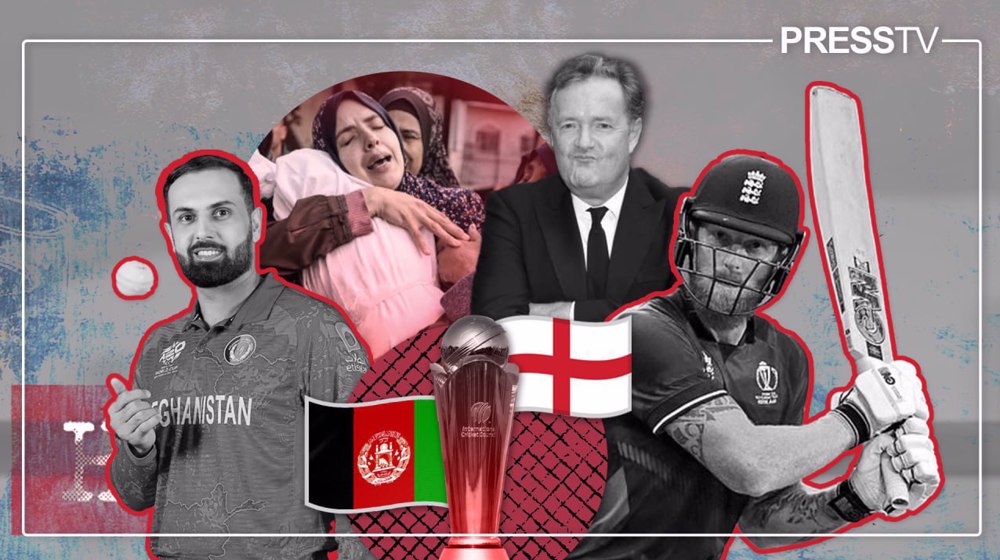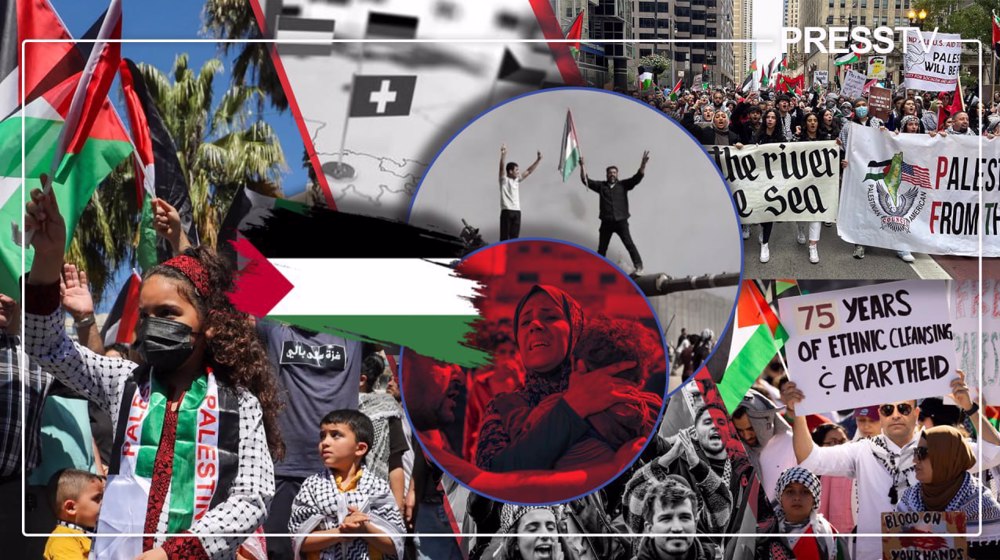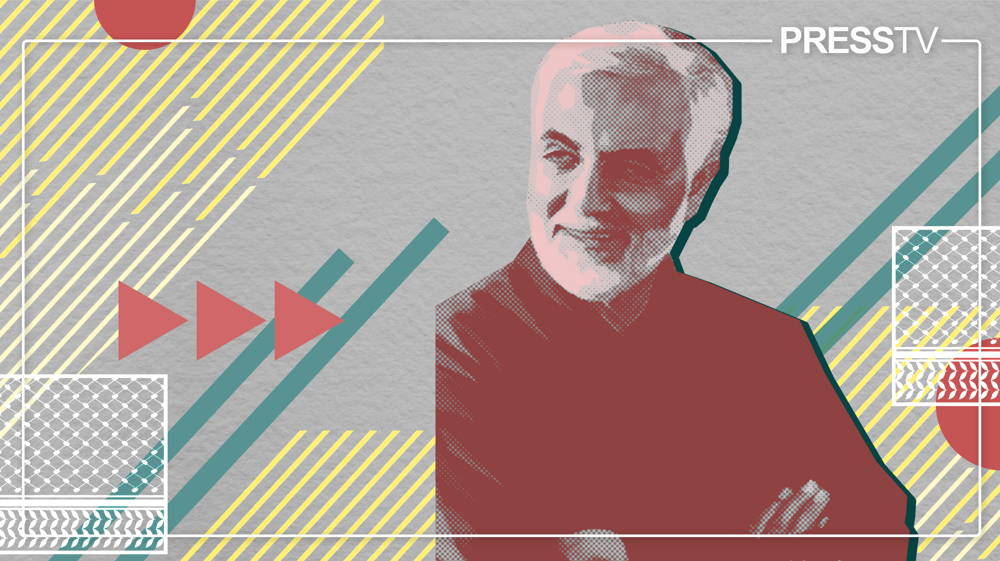Is US row with Turkey all about a pastor?
By Jafar Razi Khan
Analysts say the current row between the US and Turkey and the ensuing deterioration of the two countries’ relations may be more the result of Turkey’s policy to get closer to Russia and Iran rather than the incarceration of an ordinary priest.
The dispute between Washington and Ankara that reached new intensity over the detention of an American pastor in Turkey has hammered the lira and also raised questions over the future partnership between the two countries.
US President Donald Trump has recently ordered to double tariffs on Turkish aluminum and steel imports to 20 and 50 percent, respectively, saying, "Our relations with Turkey are not good at this time!” The announcement on Friday came in protest over the detention of Pastor Andrew Brunson, who was arrested on terrorism charges after the attempted coup against Turkish President Recep Tayyip Erdogan in 2016.
After the announcement, the lira tumbled more than 16 percent to new record lows against the dollar on Friday. It is down more than 40 percent this year.
This comes as Erdogan, at a conference in the capital Ankara on Monday, accused the US of seeking to stab its NATO ally "in the back."
“You act on one side as a strategic partner but on the other you fire bullets into the foot of your strategic partner,” Erdogan said, addressing his US counterpart.
“We are together in NATO and then you seek to stab your strategic partner in the back. Can such a thing be accepted?” Erdogan asked.
Erdogan has already warned that Turkey would “seek new friends” after the US “upset and annoyed” Ankara with sanctions.
Writing in the New York Times, Erdogan said, "Washington must give up the misguided notion that our relationship can be asymmetrical and come to terms with the fact that Turkey has alternatives.”
"Failure to reverse this trend of unilateralism and disrespect will require us to start looking for new friends and allies."
Also addressing a rally in the Black Sea town of Unye on August 11, Erdogan described Turkey's currency crisis as a “national battle” against economic enemies, including the US. “If they have their dollar, we have the people, we have Allah,” he said.
The president advised Turks to show solidarity by converting any stashed-away gold or foreign currency to Turkish lira in a bid to wage a "war of independence" against the US.
"It is wrong to dare bring Turkey to its knees through threats over a pastor," the Turkish leader said, adding, "I am calling on those in America again. Shame on you, shame on you. You are exchanging your strategic partner in NATO for a priest."
Erdogan vowed there would be no easing of the law in Brunson's case, saying, "We have not made concessions on justice so far, and we will never make any."
Turkey’s Trade Ministry says additional steel and aluminum tariffs were against the rules of the World Trade Organization (WTO)
Turkey and the US are at odds over a number of issues, including Washington’s support for Kurdish militants in neighboring Syria and its refusal to extradite Fethullah Gulen, the opposition cleric Erdogan claims is behind the botched attempt to unseat him.
Erdogan has made it crystal clear that Turkey would be looking to form alternative economic alliances from “Iran, to Russia, to China and some European countries."
The Trump administration has gone on a sanctioning frenzy in recent months, imposing them against Iran, Turkey, and Russia, creating what experts have dubbed an “axis of the sanctioned.”
Meanwhile, Iranian Foreign Minister Mohammad Javad Zarif has accused Washington of an "addiction to sanctions and bullying."
Trump's "jubilation in inflicting economic hardship on its NATO ally Turkey is shameful," Zarif wrote on Twitter.
"The US has to rehabilitate its addiction to sanctions (and) bullying or entire world will unite - beyond verbal condemnations - to force it to. We've stood with neighbors before, and will again now," he warned.
Ties between Russia and Turkey are growing closer than ever.
Turkey’s growing defense cooperation with Moscow includes a recent deal to buy state-of-the-art S-400 surface-to-air missile systems. At the same time, military collaboration with the US has been scaled back.
Faced with Turkish restrictions, US air force combat operations at the Incirlik base, close to Syria’s border, have been run down. In January, a squadron of A-10 “Warthog” ground-attack jets was redeployed to Afghanistan, reportedly leaving only refueling aircraft at the base.
Russian President Vladimir Putin earlier this year joined Erdogan at a symbolic ground-breaking ceremony marking the construction of a Russian-made nuclear power plant being built on Turkey’s Mediterranean coast at Akkuyu.
In April, Putin and Erdogan along with Iranian President Hassan Rouhani held a summit in the Turkish capital Ankara to discuss Syria’s future.
Putin and Erdogan have met several times in recent months and regularly spoken on the phone.
Russia, Turkey and Iran are also working together to create “de-escalation zones” to reduce fighting in Syria and bring the sides of the conflict together to negotiate the Arab country’s future.
Turkey and Russia have put aside their traditional rivalries and differences on regional issues to forge strong economic ties.
Their warming relations come as ties between European Union nations and Turkey have become increasingly testy.
Turkey’s EU membership talks have stalled and many countries of the 28-member bloc have voiced concerns over the Turkish government’s growing crackdown on activists.
Turkey in turn, accuses the EU countries of supporting Kurdish militants as well as the alleged perpetrators of the failed coup.
Yemen crashes missiles, drones into American, Israeli targets
Iran’s former pres.’s martyrdom date registered in natl. calendar
Israeli prosecutor admits still can’t find October 7 'rape' victims
Qassam Brigades warns Israel will pay ‘in blood’ for its aggression
Yemeni security forces dismantle Saudi, British espionage network
VIDEO | Press TV's news headlines
Canada's PM Trudeau resigns, suspends parliament till March
France's former president Sarkozy on trial over 'Libyan case'














 This makes it easy to access the Press TV website
This makes it easy to access the Press TV website